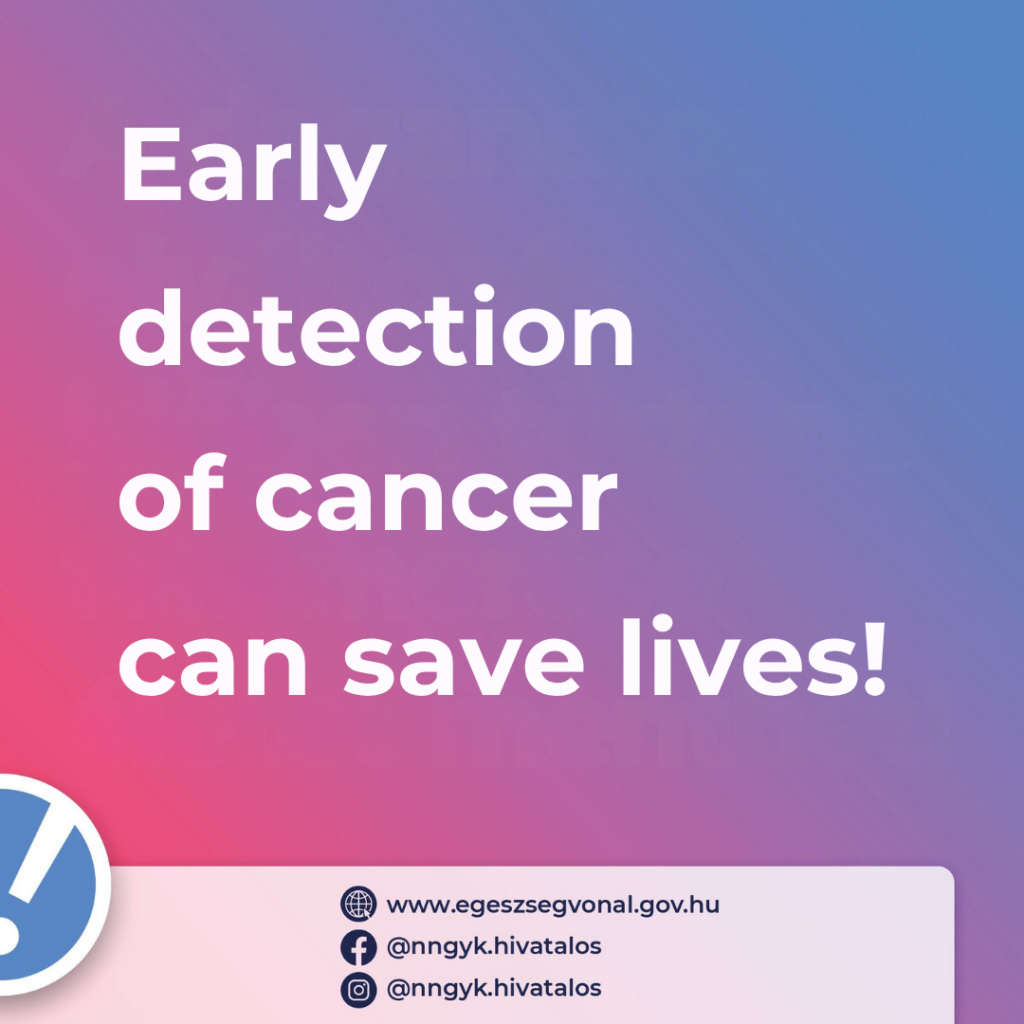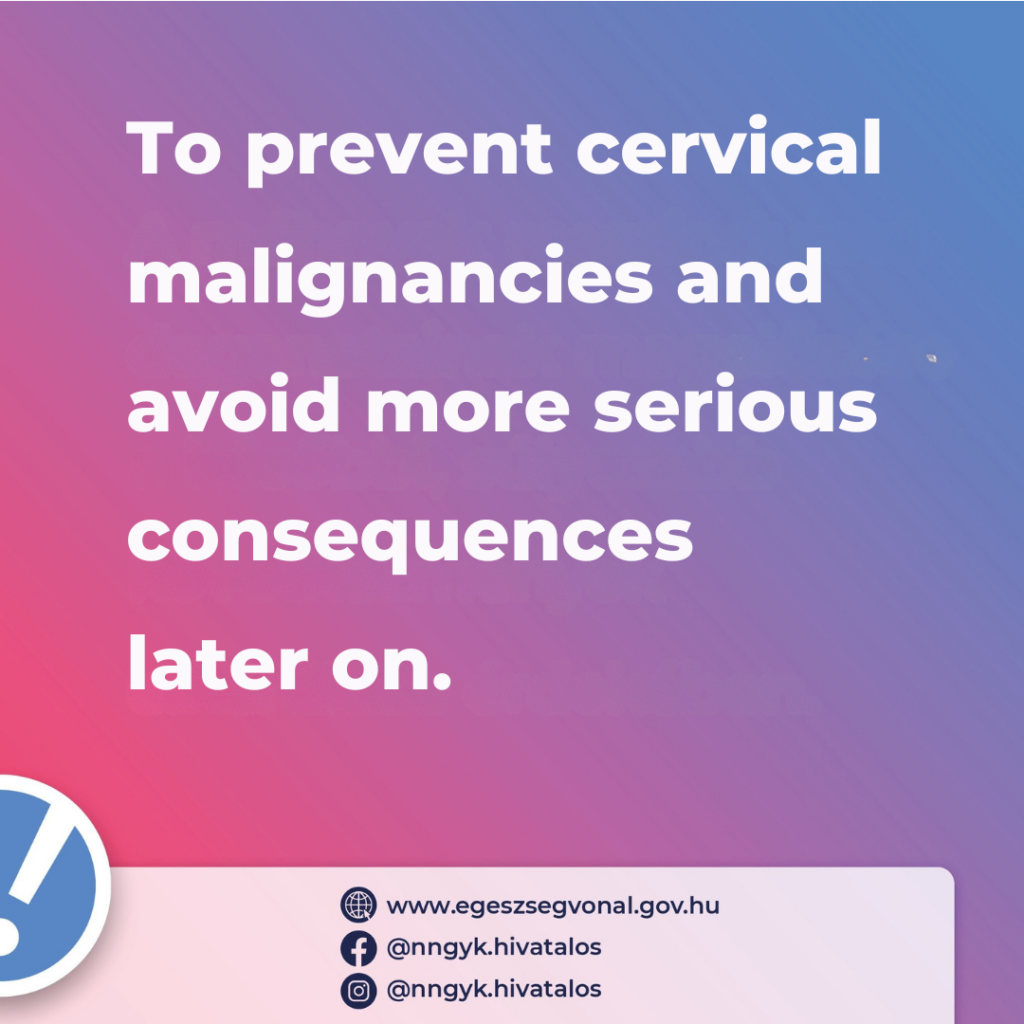Organized Cervical Cancer Screening Program in Hungary

Since 2003, Hungary has operated an organized, population-based cervical cancer screening program aimed at the early detection and prevention of cervical cancer. The program targets women aged 25 to 65, who receive a personalized invitation letter every three years to attend the screening.
The primary method of examination is cytology-based smear testing (Pap smear), which is publicly funded and can be performed by gynaecologists and – in a manner exemplary even at the European level – by specially trained public health nurses (health visitors), particularly to reach harder-to-access population groups. The collected samples are evaluated by accredited laboratories, and all participants receive written notification of their results.
The program is managed nationally by the Screening Coordination Department of the National Center for Public Health and Pharmacy, which is responsible for developing professional methodologies, coordinating organizational processes, monitoring data, and ensuring quality control.
The goal of the organized cervical cancer screening program is to reduce the incidence and mortality of cervical cancer among Hungarian women, with special emphasis on promoting regular participation and reducing health inequalities.
In support of the WHO’s strategic goals for the elimination of cervical cancer, the Hungarian Cervical Cancer Elimination Committee was established in 2024. The Committee’s activities involve aligning scientific, healthcare, and societal aspects to enable effective actions in the prevention, early detection, and successful treatment of cervical cancer.
Committee members represent diverse specialties within the Screening, Vaccination, Clinical, and Monitoring Subcommittees, including fields such as oncology, epidemiology, pathology, infectious diseases, health communication, patient advocacy, data collection, and monitoring. This collaborative approach enables the development of a comprehensive action plan that outlines both the objectives and the steps needed to achieve them.
The interdisciplinary composition ensures that the action plan takes all critical factors into account, providing strong support for prevention and treatment-focused programs.






#EuCanScreen #CancerScreening #HealthCare #CancerPrevention #CervicalCancer
🔗 Please don’t forget to Subscribe to EuCanScreen Newsletter! 💪
Subscribe to our newsletter to get news and updates.
Subscribe to our newsletter to get news and updates.

The general objective of EUCanScreen is to assure sustainable implementation of high-quality screening for breast, cervical and colorectal cancers, as well as implementation of the recently recommended screening programs – for lung, prostate and gastric cancers. EUCanScreen will facilitate the reduction of cancer burden and achieving equity across the EU.
This project has received funding from the European Union’s EU4HEALTH Programme under the Grant Agreement no 101162959










